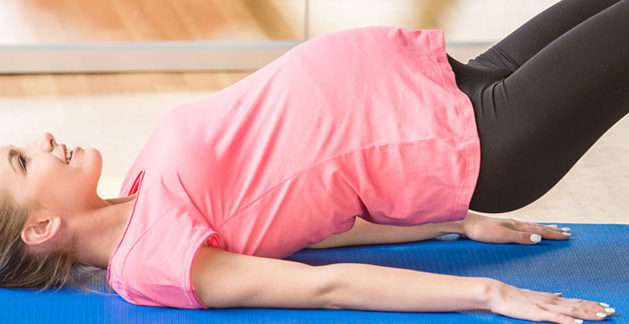Pregnancy-safe Exercises

Exercise during pregnancy is great for both you and your baby. But it’s important to choose a workout that’s safe for both of you. Find out what exercises are best to keep you fit and active.
For the majority of mums-to-be, doing some kind of moderate exercise during pregnancy is beneficial. Whether you enjoy a leisurely swim or a walk in the park, as long as your midwife or doctor agrees, thirty minutes of light exercise a day will do both you and your baby the world of good. If you’d like some advice on your exercise plan, contact our team of experts.
Benefits of exercise and keeping fit during pregnancy
As well as increasing your energy levels, gentle exercise during pregnancy can also help:
- Reduce discomforts such as constipation, cramps and backache
- Make you feel stronger and able to cope with everyday tasks
- Make you sleep better
- Reduce stress and help to fend off any pregnancy blues
- Keep you looking and feeling good
- Meet other mums-to-be
- Get your body shape back faster after your baby’s born
- Prepare you for labour
What kind of exercise is safe to do during pregnancy?
If you don’t exercise that much at the moment it’s best not to start a big new exercise regime during pregnancy without getting some advice from your doctor. Any exercise you’re thinking of trying needs to be low-impact and gentle on you and your baby, so think about trying activities like:
- Pilates or yoga – the type where breathing and relaxed stretching is best, rather than the impossible ankles-twisted-behind-the-ears kind! Just remember to make sure the instructor knows you are pregnant.
- Walking or light jogging
- Swimming
- Antenatal exercise classes or aquanatal classes (they’re like aquarobics classes but specially designed for mums-to-be).
- Dancing
- Cycling – it’s safe to cycle while pregnant, but you might prefer smooth terrain and look for one of those gel seats or a cushioned seat cover if you can. In late pregnancy, it may be safer to stick to a static exercise bike in case you fall. As your bump grows, your centre of balance changes so you’re more likely to lose your balance.
- Weight training – you should only be weight training during pregnancy if you already trained beforehand. You will need to use different weights and positions and ease-off in late pregnancy. You should also avoid lifting the weights above head height or lifting weights over your abdomen. If you are weight lifting at a gym, you may also need to take a risk assessment.
Exercise classes during pregnancy
If you do go to classes, make sure the instructor knows that you’re pregnant. Discuss your needs with an instructor and why not see if any of your instructors have a qualification in pregnancy exercise for some more specialist advice.
Exercise tips during pregnancy
- Avoid getting overheated for prolonged periods.
- Wear a sports bra and supportive footwear.
- Drink plenty of water.
- Watch your balance (pregnancy alters your centre of gravity).
- Don’t overdo things. Trust your body and if you feel dizzy, faint, cramped, exhausted or too hot – STOP.
Exercise and activities to avoid during pregnancy
It’s generally recommended for pregnant women to steer clear of:
- Horse riding
- Skiing
- Heavy weight lifting
- Backpacking
- Scuba-diving
- High-impact sports, contact sports and activities involving heights
Always talk to your doctor before starting any exercises during pregnancy.





